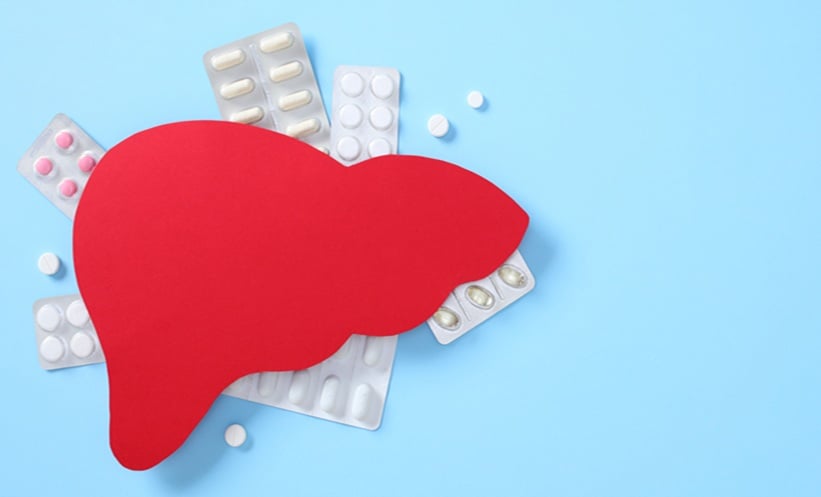LIVING LIVER donation is a vital option in countries where deceased donor organs are scarce, and protecting donor recovery is therefore a clinical priority. One strategy used in surgery is the transversus abdominis plane (TAP) block, often given with bupivacaine to reduce postoperative pain and opioid use. Local anaesthetics are also thought to influence inflammation, prompting investigation into whether TAP block alters cytokine responses after hepatectomy.
In this randomised prospective study, 72 living liver donors scheduled for right hepatectomy were enrolled and divided into two groups: a control group and a group receiving ultrasound-guided bilateral TAP block with bupivacaine. Blood samples were taken at several intervals before and after surgery to measure levels of tumour necrosis factor-alpha (TNF-α), interleukin-1 (IL-1), and interleukin-6 (IL-6). Plasma bupivacaine concentrations were also tracked in the intervention group across a 24-hour period.
Results showed that cytokine concentrations did not differ significantly between those who received a TAP block and those who did not. In other words, the TAP block itself did not appear to alter systemic inflammatory markers in the early postoperative period. However, within the TAP group, there was a notable positive correlation between plasma bupivacaine concentrations and IL-1 and IL-6 levels at 2, 6, and 24 hours. This suggests that higher circulating levels of the anaesthetic may be linked with changes in inflammatory signalling, though the clinical meaning of this association is not yet clear.
Overall, while TAP block continues to hold value in multimodal pain management strategies, this study indicates that it may not reduce postoperative cytokine activity in living liver donors. The relationship observed between bupivacaine exposure and pro-inflammatory cytokines highlights an area for further research. Larger, more detailed trials incorporating inflammatory markers, pain outcomes, and recovery measures are needed to clarify whether adjustments in dosing or technique could provide both analgesic and anti-inflammatory benefits for this donor population.
Reference
Yalin MR et al. Anti-inflammatory effects and pharmacokinetics of bupivacaine in transversus abdominis plane block for living liver donors: a prospective randomized clinical trial. Transplant Proc. 2025;57(6):1095-103.








